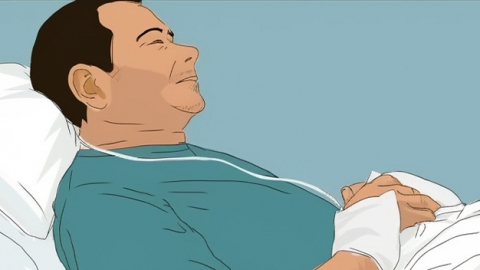How to treat cancer
Cancer can be comprehensively managed through various interventions such as surgery, chemotherapy, radiation therapy, targeted therapy, and immunotherapy. Specific treatment plans must be tailored according to the type and stage of cancer, as well as the patient's overall health condition, aiming to control disease progression and extend survival. If unexplained lumps, persistent pain, or sudden weight loss occur, prompt medical evaluation is recommended.

1. Surgical Treatment: Involves removing the tumor and surrounding affected tissues to achieve curative intent or prevent tumor spread. It is typically used for early-stage cancers without metastasis or locally advanced tumors. Additional therapies may be required post-surgery to consolidate treatment outcomes.
2. Chemotherapy: Uses cytotoxic drugs to destroy cancer cells throughout the body. It is commonly used for intermediate or advanced-stage cancers or as adjuvant therapy after surgery to prevent tumor recurrence and metastasis. However, it may cause side effects such as nausea and hair loss, which require symptomatic management.
3. Radiation Therapy: Utilizes high-energy radiation to damage cancer cell DNA and inhibit their proliferation. It is often used for localized tumors, such as nasopharyngeal or esophageal cancer, helping to alleviate pain and shrink tumors while preserving surrounding healthy tissues.
4. Targeted Therapy: Involves medications that specifically target gene mutations or protein markers unique to cancer cells, enabling precise destruction of malignant cells with minimal damage to normal cells. This approach is suitable for cancers with identifiable molecular targets and requires prior genetic testing.
5. Immunotherapy: Works by activating the body’s immune system to recognize and attack cancer cells. It is applicable to various types of advanced cancers, and some patients may experience long-term benefits. Potential immune-related side effects include rash and diarrhea.
In daily life, maintaining regular作息 (sleep patterns), consuming a diet rich in protein and vitamins, engaging in moderate physical activity to improve strength, and fostering a positive mindset while avoiding anxiety and depression can enhance tolerance to treatment and support recovery.










